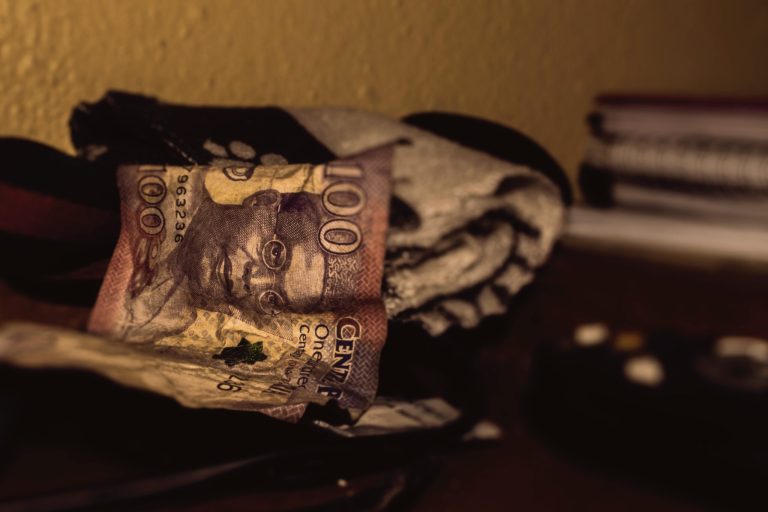The Naira experienced depreciation against the US Dollar across both the official and black markets as demand pressure continued to weaken Nigeria’s currency.
This is despite the implementation of various policies by the Central Bank of Nigeria (CBN) aimed at bolstering foreign exchange (forex) supply.
According to data from the NAFEM, the official forex trading platform, the domestic currency depreciated by 4.1%, closing at N1,479.47 to a dollar after trading hours.
- This marks a notable N60.69 drop or a 4.1% decrease in the local currency compared to the previous closing rate of N1,418.78 on Wednesday.
- The intraday high recorded was N1504/$1, while the intraday low was N946.82/$1, representing a wide spread of N557.18/$1.
- According to data obtained from the official NAFEM window, forex turnover at the close of the trading was $321.23 million, representing a 57.52% increase compared to the previous day.
- External reserves also remained at just about $33 billion from $32.9 billion at the start of the year.
The closing exchange rate on the official market crossed N1400/$1 on the 30th of January 2024 and has remained above this then. The intra-day high rate at above N1,500 for the 8th straight day.
In the parallel market where the exchange rate is sold unofficially, the dollar sold for as high as N1,500/$1 with the £1/N1,890 and the EUR1/N1,600.
- The parallel market has also remained at about N1400/$1 since January 25, 2024, and hit N1,500 on February 2nd, 2024.
- In the cryptocurrency market where forex is sold using stablecoins, N1,489/$1 as of when we checked late on Thursday.
- The cryptocurrency market crossed N1,400 on the 25th of January and has remained closer to N1500/$1 since then.
Black market operators informed Nairametrics that demand pressures continued to increase as Nigerians are increasingly moving towards dollarization.
- Most Nigerians have resorted to holding a significant portion of their assets in dollars which requires that they sell their naira assets in exchange for purchasing dollars.
- Nigerians also see this as a hedge against galloping inflation which currently stands at 28.9% as of December 2023.
- The central bank recently pointed to its monetary policy direction by accepting treasury bill bids of 19% per annum.
- By accepting higher treasury bill rates, the CBN is signaling a move towards attracting forex inflows. The impact has already been felt with an increase in daily forex turnover.

